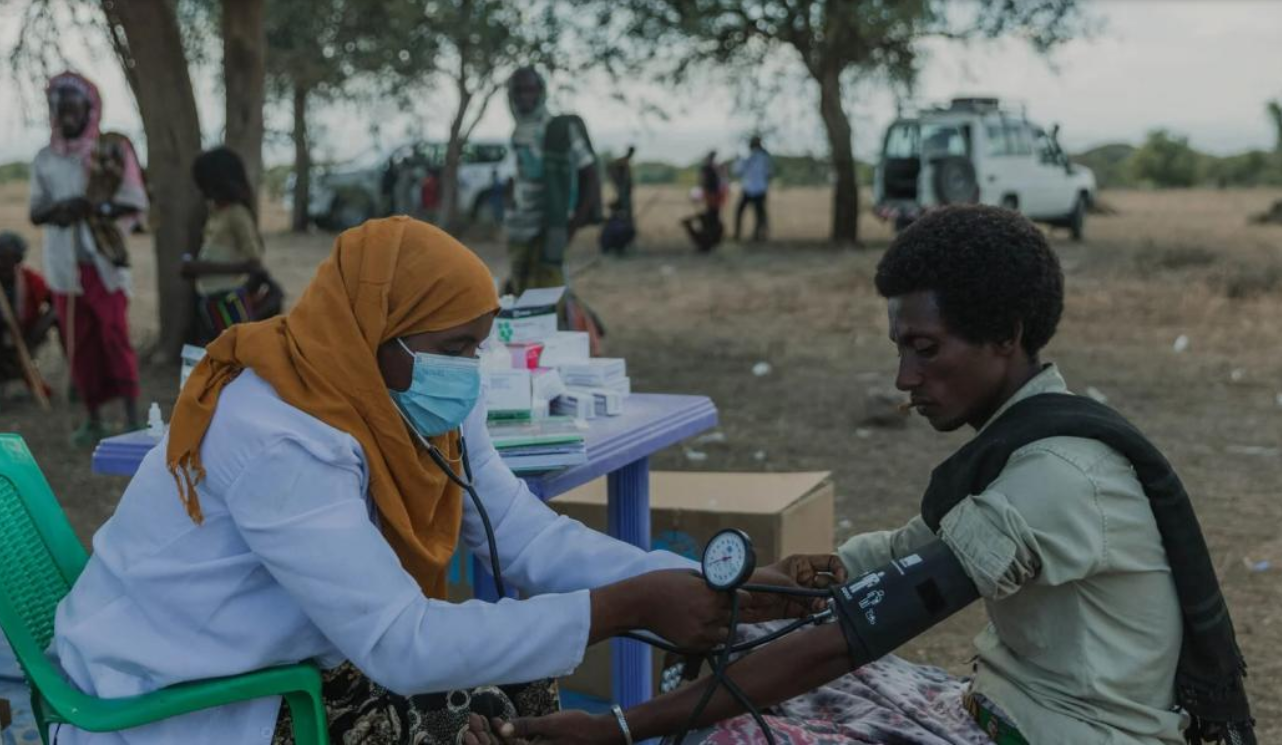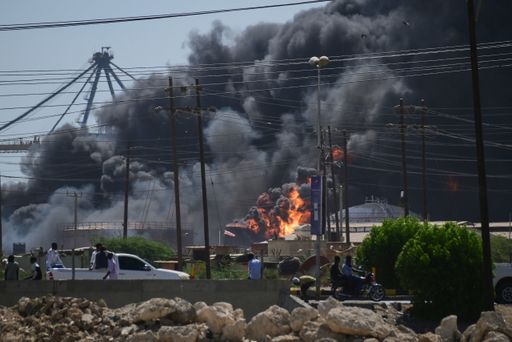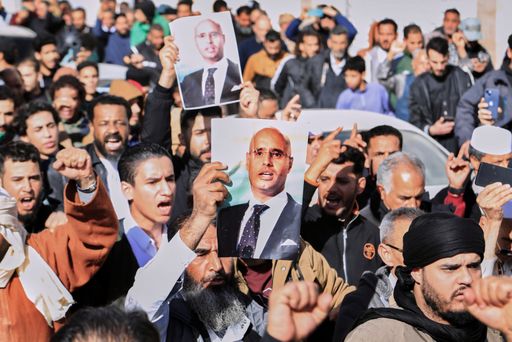Sport
Hypertension cases are spiking across Africa and beyond, with the silent killer claiming 10 million lives worldwide each year as healthcare systems struggle to provide affordable treatment to those at risk.
Nigerian Michael Adeyemi was driving his taxi through a typically congested street in Lagos when the dizziness hit.
The 58-year-old pulled over, gripping the steering wheel tighter as his head spun.
He had ignored the headaches for months. The tiredness too. Long hours at the wheel in a city that never stops, he would reason with himself.
But this felt different.
"I thought it was just stress, the price of living in a bustling city," Adeyemi tells TRT Afrika. "We don't have time to be sick. You work, you eat, you sleep. Checking your blood pressure is a luxury you leave for a Saturday that never comes."
The spell of sudden dizziness while driving marked Adeyemi's hypertension diagnosis, joining a burgeoning list of 1.4 billion people living with the condition, according to a World Health Organisation (WHO) report released last year.
Commonplace trigger
The WHO figures reveal a global health emergency hiding in plain sight: just one in five people worldwide have their blood pressure under control.
While the so-called "silent killer" is medically preventable and treatable, it remains dangerously unmanaged for the vast majority.
Doctors warn that the consequences of ignoring high blood pressure are severe. Hypertension drives heart attacks, cerebral strokes, kidney failure and dementia.

The data, released at the 80th United Nations General Assembly, also exposes stark inequality in healthcare access.
The report points out that 93% of high-income countries have all WHO-recommended hypertension medicines readily available, as opposed to only 28% of low-income nations.
This gap between wealthy and poor countries means millions face preventable death and disability from hypertension-linked complications.
Lives less ordinary
Grace Mbeki, a 42-year-old teacher living in a township outside South Africa's Cape Town, became careful about managing her high blood pressure while caring for her mother, who suffered a debilitating stroke caused by uncontrolled hypertension.
"The clinic is far from my home, and sometimes I have to return without the prescribed medicine because it is out of stock," Mbeki tells TRT Afrika.
"You are left watching the person you love become a shadow of herself. This disease doesn't just break hearts; it breaks families and their finances."
The pain in her words capture the daily struggle of managing a chronic condition in settings where healthcare systems buckle under demand and medicines vanish from shelves without warning.
Economic burden
Between 2011 and 2025, cardiovascular diseases were projected to cost low and middle-income countries around US $3.7 trillion. That represents a massive drain on the exchequer, diverting resources from education, infrastructure and economic growth.
"Every hour, over 1,000 lives are lost to strokes and heart attacks triggered by high blood pressure, and most of these deaths are preventable," says WHO's director-general, Dr Tedros Adhanom Ghebreyesus. "Countries need to have the tools to change this narrative."
The report highlights how ineffective health-promotion policies leave communities unaware of the risks of consuming tobacco and following a high-salt diet, both of which exacerbate hypertension.
Another factor is shortage of trained primary care teams limiting access to diagnosis or regular medical monitoring. Unreliable supply chains often interrupt treatment, while the prohibitive cost of some common medicines for blood-pressure management put them out of reach even when stocks are available.
For patients like Adeyemi and Mbeki, these systemic failures translate into daily uncertainty and risk.
"Uncontrolled high blood pressure claims more than 10 million lives every year despite being both preventable and treatable," says Dr Kelly Henning of Bloomberg Philanthropies. "Strong policies that raise awareness and expand access to treatment are critical."
One step at a time
WHO credits Asian countries like Bangladesh, the Philippines and South Korea with making significant progress in curbing the blood-pressure pandemic by integrating hypertension care into universal health coverage and primary care systems.
In Bangladesh, control rates in some regions jumped from 15% to 56% within just a few years, demonstrating what focused policy and implementation can achieve even in resource-constrained settings.
"Safe, effective low-cost medicines to control blood pressure exist, but far too many people can't get them," says Dr Tom Frieden, a US-based top physician. "Closing that gap will save lives, and also save billions of dollars every year."
In Adeyemi's case, that gap represents the distance between his taxi and reliable, affordable medication. He now carries his pills everywhere, a small plastic box reminding him daily of the condition he must manage.
"I am one of the lucky ones," he says, his hand resting over his heart. "I got a warning. But what about the millions who don't? We need the world to hear our heartbeats before they stop."
Comments
No comments Yet




















Comment